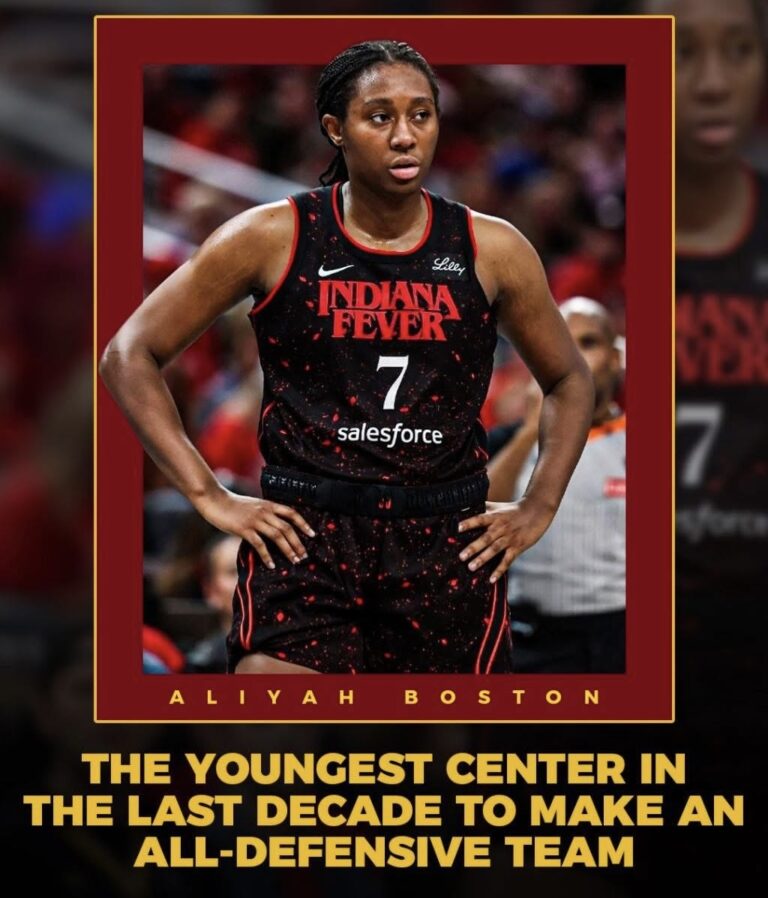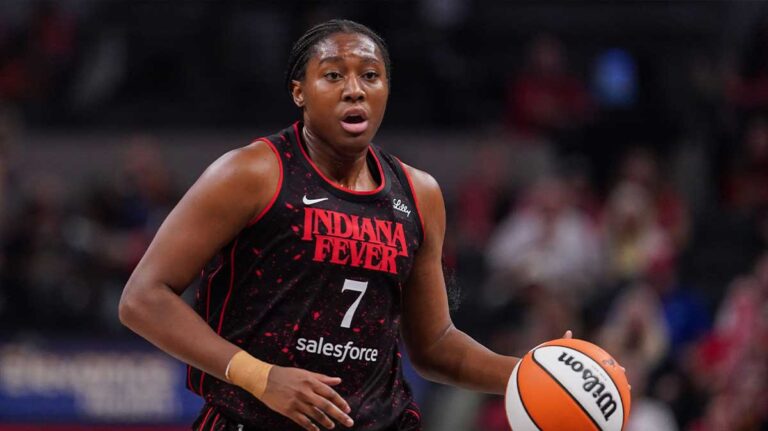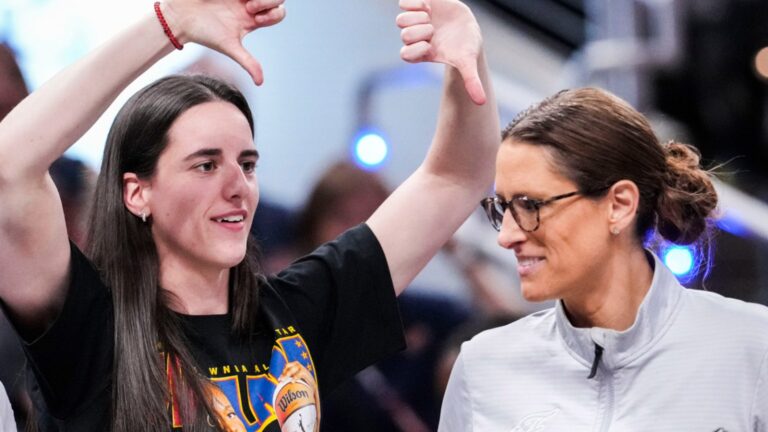
Caitlin Clark, the standout rookie for the Indiana Fever, is redefining what it means to be a professional athlete. Despite earning a modest $76,535 in her first WNBA season—a figure that pales in comparison to her NBA counterparts—Clark’s impact on the sport transcends her salary. Her decision to focus on the game and its growth, rather than immediate financial gain, has sparked conversations about the value and recognition of female athletes.
Clark’s influence isn’t confined to the court. Her presence has been a catalyst for increased viewership, merchandise sales, and overall interest in women’s basketball. In fact, an analysis by Ryan Brewer, an associate professor of finance at Indiana University Columbus, estimated that Clark was responsible for 26.5% of the WNBA’s revenue during the 2024 season, highlighting her significant role in the league’s economic landscape.
While her WNBA salary may not reflect her contributions, Clark’s endorsement deals tell a different story. She secured a groundbreaking eight-year, $28 million contract with Nike, which includes her own signature shoe—a first for a women’s basketball player. Additionally, Clark has partnerships with major brands like Gatorade, State Farm, and Wilson Sporting Goods, further solidifying her status as a marketable and influential figure in sports.
Beyond endorsements, Clark is committed to giving back. She launched “Caitlin’s Crunch Time,” a cereal in collaboration with Hy-Vee, with all proceeds supporting the Caitlin Clark Foundation. The foundation aims to enhance the lives of youth through education, nutrition, and sports—areas that Clark credits for her own development.
Clark’s approach to her career reflects a broader movement among female athletes who are leveraging their platforms for greater causes. By prioritizing the growth of women’s basketball and community engagement over immediate financial rewards, she’s setting a precedent for future generations. Her journey underscores the evolving landscape of professional sports, where impact and purpose are becoming as valuable as performance and pay.



